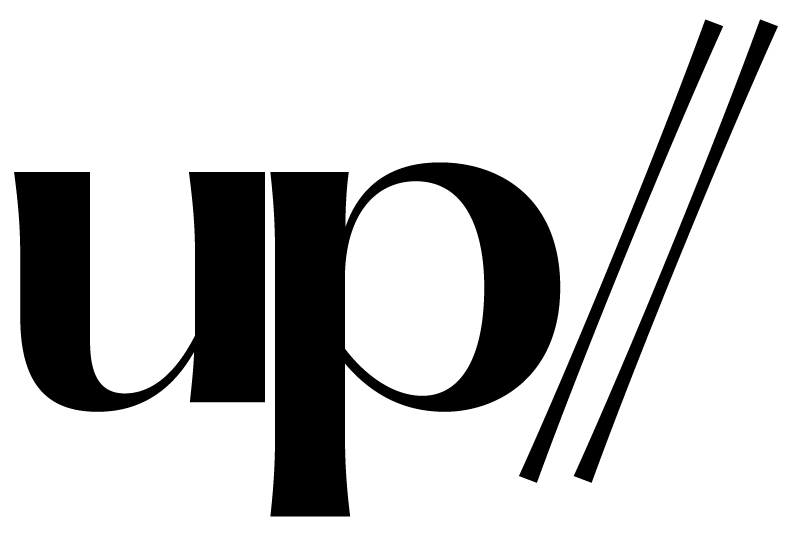
Home Becomes
Myth
By Nisha Mody
Framing Narrative
In my collage, I introduce what home is/has been and what we can imagine it to be. While this is based on my personal experience, I hope for there to be collective connection. I chose collage because seemingly disconnected visuals can become interdependent and whole based on color, placement, shape, and context.
The first page reflects what home has been. The background is a map of what represents the building out of cities toward suburbia, where I grew up. I combined images of land extraction and the busy life to contemplation of “where is home?” for my Brown body. The bed I found in a magazine perfectly reflected a space that looked comforting yet isolating, mirroring my experience growing up and finding my way. This collage is scattered because I felt I forced myself to fit into cookie-cutter suburban life. Things were where they were “supposed to be”, but I wanted to leave.
The second page is what I imagine home to be. The background has color and connection. I imagined what home could be while I searched for materials. I was grateful to discover images connected to my South Asian lineage; discovering this ancestral connection felt so fitting. It showed me how home can embody elements like mythology (Lord Vishnu riding his bird Garuda with Goddess Lakshmi), the body (chakra system), and the cosmos (Indian astrologer using astrological tools). A pressed flower is interwoven with each element to express the deep connection with the Earth.
Colonial ways of knowing have often dismissed the power of myth, the body, and the unknown in favor of concrete evidence, the mind, and “real” science. My piece challenges colonial ways of knowing by imagining how we can connect to home through other modalities that relate to the land and to each other.
Nisha Mody (she/her) is a Relational Healing & Life Coach, Writer, and Speaker. She is a South Asian American daughter of immigrants and is writing a memoir. Nisha worked in libraries for 6 years as a medical librarian, and she speaks about being trauma-informed and relational in library settings, her personal story of transformation, and healing through writing.



